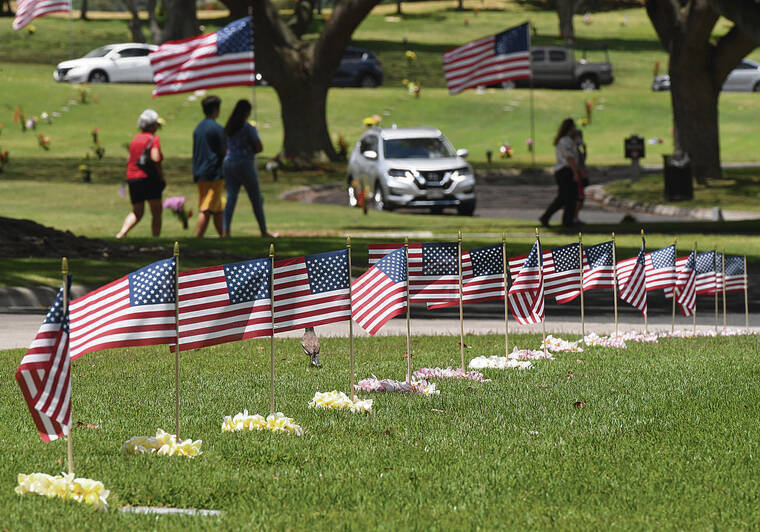Question: Prison inmates could get the federal stimulus by filing a federal income tax return. Will the state rebate be like that, with a state tax return?
Answer: No, not necessarily. A bill approved by Hawaii’s Legislature that would return a $100 or $300 rebate to taxpayers, depending on their income, disqualifies people who have been incarcerated for the full taxable year. Assuming that SB 514, SD 1, HD 1, CD 2 is signed into law by Gov. David Ige, it would exclude:
>> “Any person who has been convicted of a felony and who has been committed to prison and has been physically confined for the full taxable year;
>> “Any person who would otherwise be eligible to be claimed as a dependent but who has been committed to a youth correctional facility and has resided at the facility for the full taxable year; or
>> “Any misdemeanant who has been committed to jail and has been physically confined for the full taxable year.”
Hawaii residents who are otherwise eligible must file their 2021 state income tax return by Dec. 31 to receive the rebate; those who fail to file in time waive their right to the money, the bill says.
If signed into law, the bill would take effect July 1, which means the state Department of Taxation won’t process any refunds under this measure before that date.
As you said, some federal stimulus funds disbursed during the pandemic were paid to prison inmates throughout the country, including in Hawaii.
Q: When is the lei-sewing at Honolulu Hale?
A: May 27 from 10 a.m. to 1 p.m., according to the city. Honolulu Hale is one of numerous places where the public is invited to sew lei for the Memorial Day ceremony at the the National Memorial Cemetery of the Pacific. About 38,000 lei are needed, one for each grave site.
For a full list of the dates, times and locations the public is invited to drop off flowers from their plumeria trees, sew lei or drop off finished lei, see Honolulu County’s Department of Parks and Recreation website, at 808ne.ws/sewlei Opens in a new tab.
Q: Will I get a four-year driver’s license if I renew in June? I’m 73.
A: No. The bill approved by the Legislature that extends the renewal period to four years from two years for licensees ages 72 to 79 would take effect Jan. 1, assuming that Gov. David Ige signs it into law.
Q: Where can I find information about the prevalence of sexually transmitted diseases among older people in Hawaii, specifically incidence rates at various retirement homes, if that information is available?
A: Public health authorities publish data about sexually transmitted infection rates by age but not by long-term care facility, said Katie Arita-Chang, a spokeswoman for the state Department of Health.
For information about STI rates in Hawaii and other states, Arita-Chang pointed us to a federal website that compiles data reported by Hawaii’s Health Department and other U.S. public health jurisdictions, cdc.gov/nchhstp/Atlas Opens in a new tab.
It showed that chlamydia was the most commonly reported STI in Hawaii in 2019 and that few kupuna were affected. Of the 8,079 chlamydia infections reported in Hawaii that year, 14 were in people 65 and older; of those, 12 were male and two were female.
Looking at all ages, females (5,032 cases) were more likely than males (3,047 cases) to be infected.
Auwe
The naupaka hedge that lines the mauka side of Diamond Head Road opposite the lookouts is dying from lack of water. This is not only unsightly for a major tourist visitation site, but unnecessary and sad. In the past, homeless people living on the slopes of Diamond Head have tapped into the sprinkler system, so that is one possible cause for the lack of water. — F.B.
Write to Kokua Line at Honolulu Star-Advertiser, 500 Ala Moana Blvd., Suite 7-500, Honolulu, HI 96813; call 808-529-4773; or email kokualine@staradvertiser.com.

